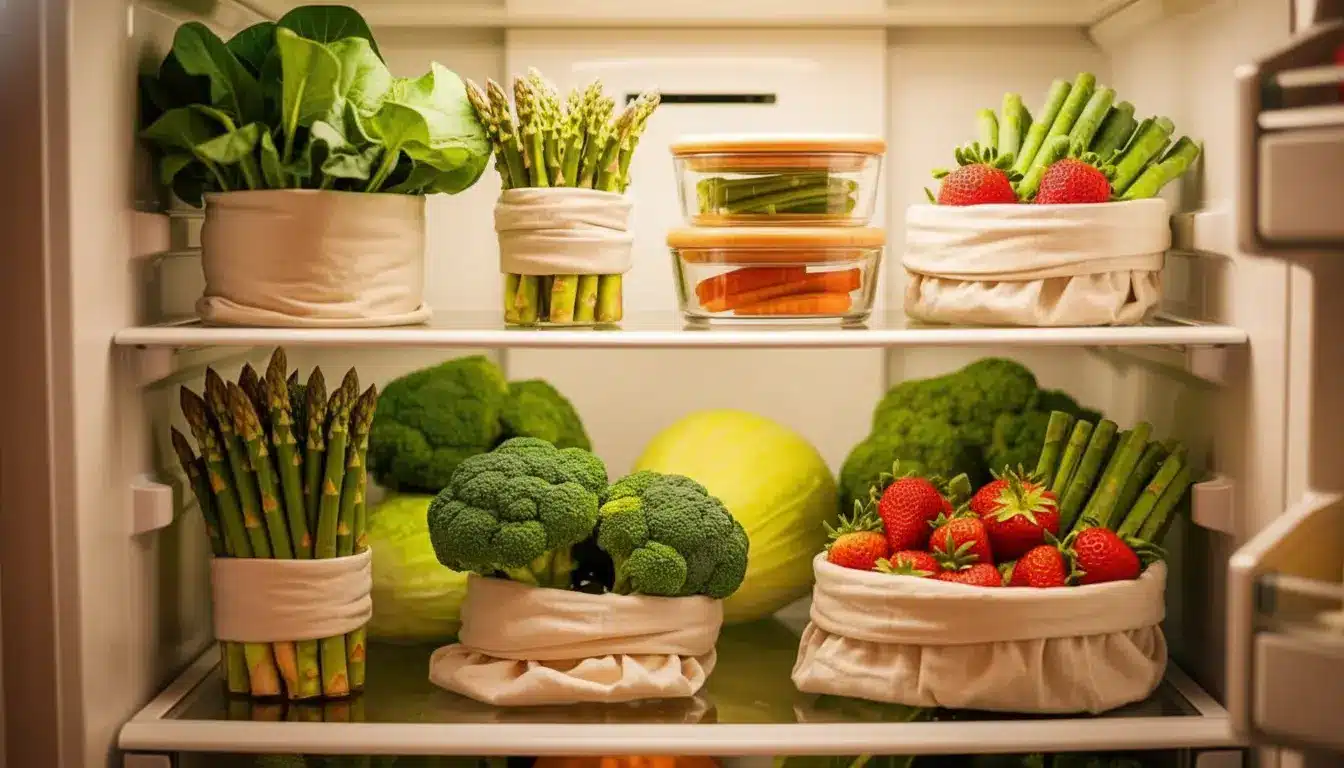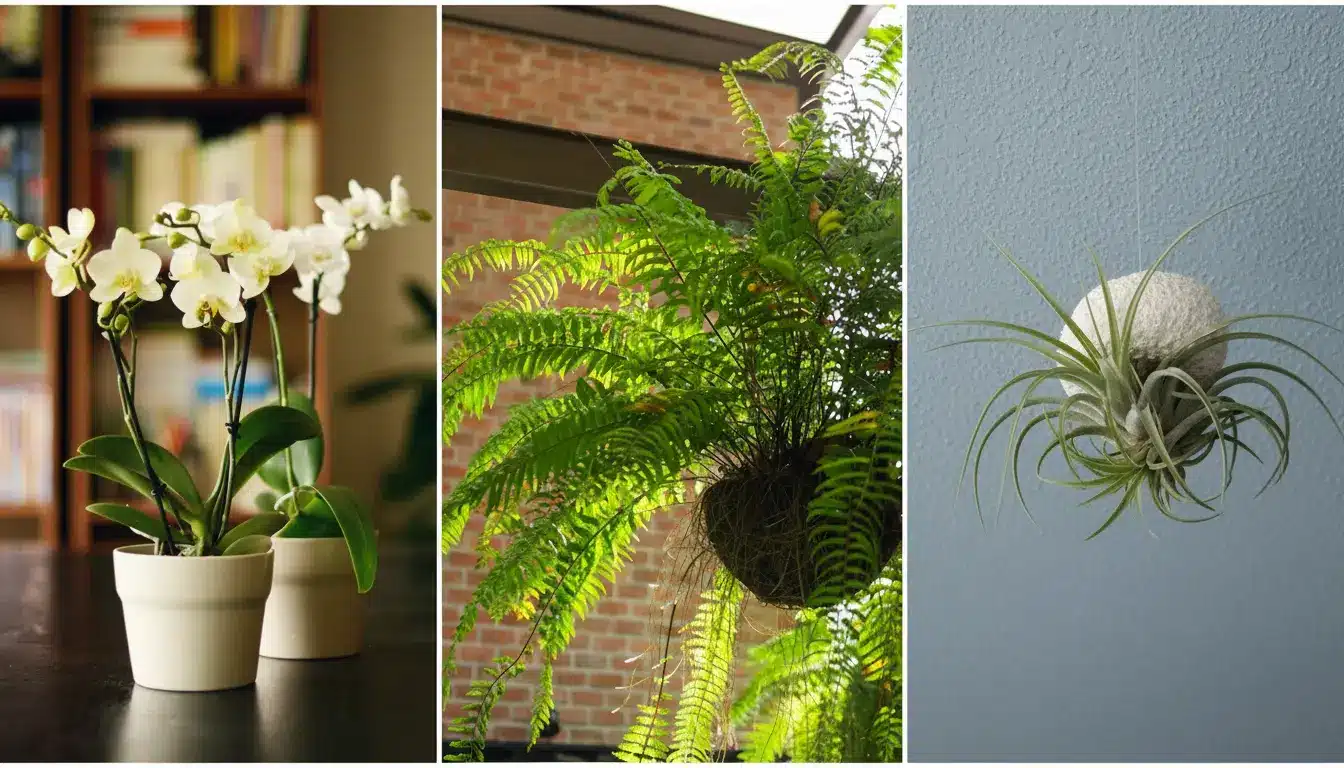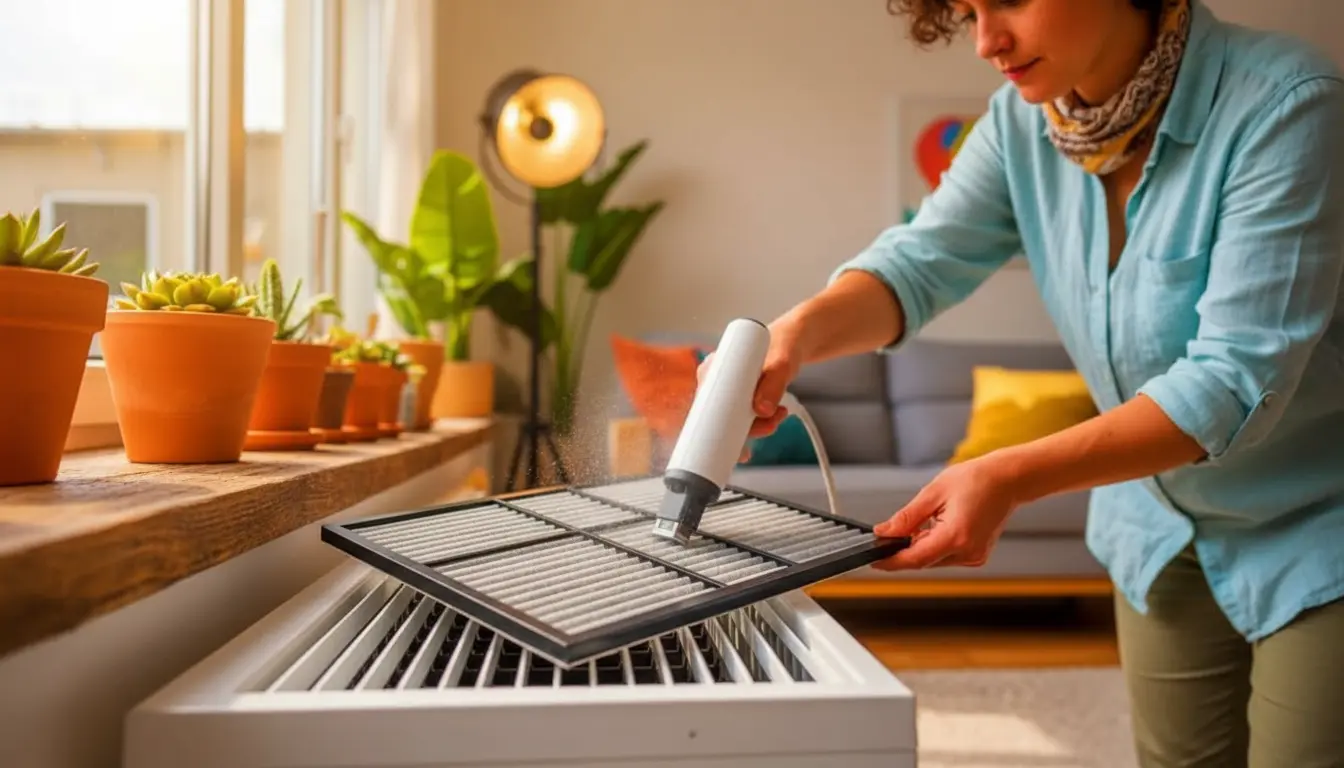Fed up with wilted lettuce or floppy potatoes greeting you every time you open the fridge? You’re not alone, but fear not—there’s an easy and eco-friendly way to keep your fruits and veggies fresh, all with tricks borrowed from Japanese-inspired minimalism and classic kitchen wisdom. Put down that plastic wrap and aluminum foil, because you won’t need them anymore!
A New Approach to Keeping Veggies Fresh
It’s a universal problem: apples go mushy, lettuce leaves limp, and potatoes suddenly get a little too bendy for comfort. But extending the life of your fruits and vegetables doesn’t need to involve a science degree or a mountain of single-use plastic. There are simple alternatives that are not just easy but also ecological, making both your food and your conscience last longer.
The Best Tricks—No Plastic, No Foil
- Cork Magic: Believe it or not, real cork (not the imitation stuff!) can work wonders in your fruit basket. Cut a natural cork in half and pop it in with your fruit. Cork absorbs moisture, slowing down fruit ripening and keeping them out of the mush zone for longer.
- Bananarama Care: Bananas—endlessly delicious and frustratingly quick to turn black. When shopping, check their hue. If you see green, they’re not ripe yet. Black spots? Likely chilled before sale. To keep them longer, hang bananas by their stem and wrap the connecting stem with a washable fabric wrap or a beeswax wrap (if you’re out of options, simple aluminum foil will do).
- DIY Wooden Crates: Give abandoned market crates new life as tiered fruit and veggie storage. Stash them away from heat and direct light, and you’ve got storage that keeps greens and potatoes fresh according to the season.
- Keep Apples At Bay: Got apples? Keep them separated from other fruits and veggies! Apples emit ethylene gas, which acts like a party crasher, accelerating the spoilage of its neighbors.
The Surprising Truth About Fridges
It sounds counterintuitive, but the refrigerator isn’t always your produce’s best friend. Take potatoes as an example. Store them in the fridge and you’ll end up with a grainy texture when you cook them—not a dinner blessing. The same goes for cucumbers, eggplants, and tomatoes. Cold air makes them wilt, lose flavor, and collapse faster. Onions and garlic also aren’t fans of fridge life, as they’ll stink up your fridge and hang on to that aroma for ages. The best bet? Let these veggies hang out in a shaded, cool spot on your countertop.
Wraps and Soaks: Simple, Sustainable Solutions
- Cloth Over Cellophane: Lose the plastic. A clean kitchen towel wrapped around your fruits and veggies is all you need to store them at room temperature or even for transport. Farewell to single-use nonsense!
- Beeswax Wraps: No kitchen towel? Beeswax wraps are zero waste, biodegradable, and reusable. They keep out oxidation and humidity, adapting to any food shape, whether your goodies are in the fridge or left out.
- The Water Shock: Got soft salad leaves? A quick plunge in cold water will revive even the droopiest green, thanks to that refreshing temperature shock.
- Citrus & Vinegar Fix: When greens or avocados start to brown, a splash of lemon juice or white vinegar brings back color and crispness. The same goes for berries, which begin to develop mold after a few days. Washing them with some water mixed with white vinegar stops those pesky mushrooms in their tracks. For salads, add a few spoons of lemon juice to a bowl of cold water and let them soak for an hour in the fridge for max crunch.
The Cold Truth: Freezing Done Right
For those looking to keep things fresh for the long haul, freezing is a go-to eco-conscious method that helps cut down on food waste. But don’t get too carried away—some eco-friendly habits are needed to make sure you don’t send your energy bill soaring through the roof. Remember: the goal is to keep your food (and the planet) happy for longer!
In short, you don’t need plastic, fancy gadgets, or a degree in molecular gastronomy to give your fruits and veggies a longer lease on life. A few clever, environmentally friendly tricks will keep your produce crisp, your kitchen fresh, and your conscience clear. Give them a try—your salad and your wallet will thank you!

John is a curious mind who loves to write about diverse topics. Passionate about sharing his thoughts and perspectives, he enjoys sparking conversations and encouraging discovery. For him, every subject is an invitation to discuss and learn.






